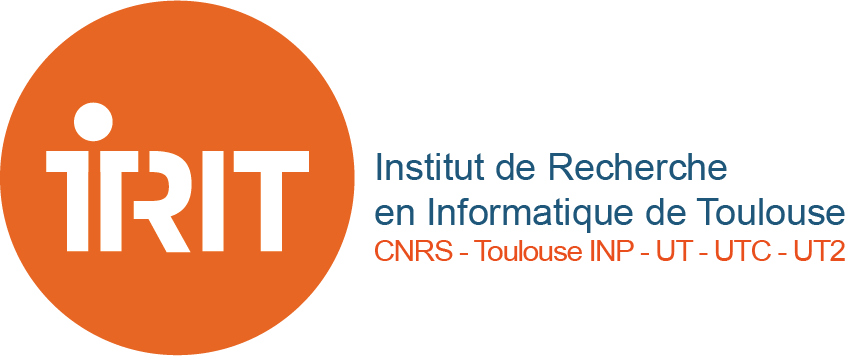EEG-based Hypo-vigilance detection using convolutional neural network
Résumé
Hypo-vigilance detection is becoming an important active research areas in the biomedical signal processing field. For this purpose, electroencephalogram (EEG) is one of the most common modalities in drowsiness and awakeness detection. In this context, we propose a new EEG classification method for detecting fatigue state. Our method makes use of a and awakeness detection. In this context, we propose a new EEG classification method for detecting fatigue state. Our method makes use of a Convolutional Neural Network (CNN) architecture. We define an experimental protocol using the Emotiv EPOC+ headset. After that, we evaluate our proposed method on a recorded and annotated dataset. The reported results demonstrate high detection accuracy (93%) and indicate that the proposed method is an efficient alternative for hypo-vigilance detection as compared with other methods.
| Origine | Fichiers produits par l'(les) auteur(s) |
|---|
Loading...

